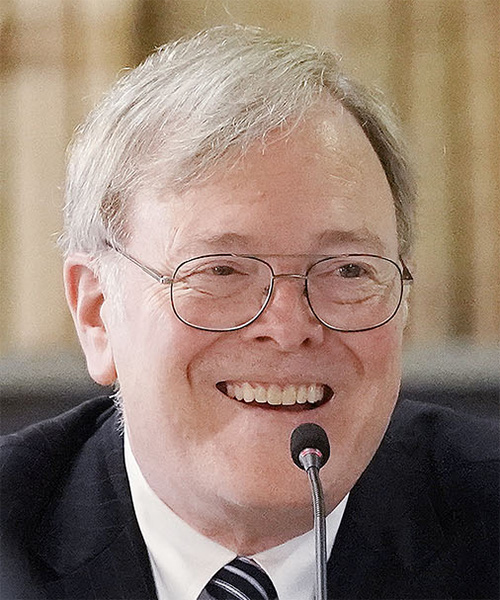Over the past 10 years, the G20 Interfaith Forum (“IF20”) has emerged as an important new context for interreligious dialogue. The focus has not been on theological issues in the conventional sense or on other questions that have often divided religious communities in the past. Rather, because of the obvious prominence of the G20 in addressing a wide range of global policy issues, the IF20 has emerged as an attractive platform for dialogue where religious actors and influencers come together with strong incentives to engage in shared efforts to add impetus to priority issues.
IF20 is a unique forum because it engages not only religious actors but government officials, academics, and other experts, so that the interreligious dialogue occurring has a more interdisciplinary character and is better attuned to developing policy recommendations in a form that is intelligible and persuasive to policymakers. Moreover, it is the nature of the G20 Interfaith Forum to lead religious communities to focus on priorities that are likely to be shared, so that dialogue leads not to highlighting sources of contention but to maximizing areas where work on common efforts is both attractive and possible. It provides a channel through which the best of religious insight and experience can feed into policy discussions without triggering fears of religious divisiveness or worries of abusive religious influence.
The experience of the G20 Interfaith Forum over the past 10 years has identified a number of ways that the path from dialogue to impact can be strengthened. From the beginning, the IF20 has always operated as an open and inclusive network of networks. But the need to expand and deepen these networks requires continuing efforts. The recent experience with the G20 process in Brazil has highlighted the value and importance of establishing links to key government officials engaged in the host country’s G20 processes. Open dialogue with key government officials enabled the forum organizers to be more fully engaged in the overall G20 process—finding productive ways to hone our own objectives, work with government agencies, and coordinate with other groups. Building relationships with those engaged in the G20 process in countries other than the host country is one way that IF20 impact could be expanded.
As important as it is to build links with global leaders and their G20 staffs working at the level of the G20 Summit itself, much of the value of IF20 engagement comes through dialogue with the strata of officials in each country that actually implement global policies. Religious communities have the ability to both work at the global level and to see that such high-level initiatives carry down to the grassroots. Impact can also be enhanced by development of webinars, policy briefs, social media initiatives, and the like, which are vital to expanding the influence of any institution in the current global (and glocal) setting.
Many of the ultimate humanitarian goals of the G20 are also issues that have been prioritized in the United Nations’ Sustainable Development Goals. These are objectives that have been the focus of religious communities for centuries. The IF20 contributes to connecting those working on these issues in religious settings, in government settings, and in general efforts to contribute to policymaking. Because of the importance of these shared concerns, and in light of the reality that effective bridges between public sector authorities and religious communities are too often lacking (or weaker than they should be), the G20 Interfaith Forum is committed to building effective engagement between religious influencers and governments. We are convinced that this will translate into more effective impact of key policies at every level.

